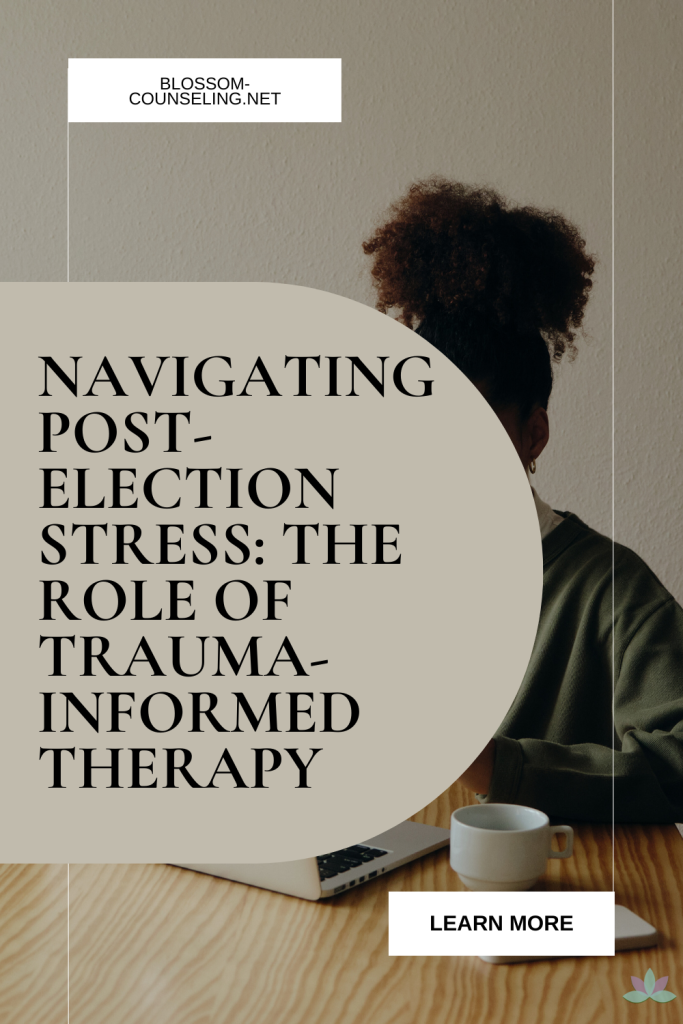
Have you ever felt like you just can’t keep up with the demands of your life or work? Maybe you’re always tired, irritable or just not motivated like you used to be. You could be experiencing burnout, a state of emotional, physical and mental exhaustion. Burnout affects millions of people globally and can have serious consequences if left unchecked. In this article, we’ll explore the five stages of burnout and how to recognize them. By understanding the warning signs and taking action, you can regain control of your life and find balance and fulfillment.
Stage 1: The Honeymoon Phase
The first stage of burnout is known as the honeymoon phase. During this phase, individuals feel enthusiastic and passionate about their work or personal life. They may have a strong sense of purpose and feel motivated to go above and beyond. However, as time goes on, the demands and pressures that come with their responsibilities start to take a toll.
The honeymoon phase can be deceiving, as it can give individuals a false sense of security. They may believe that they can continue at this pace indefinitely and keep up with the demands without any negative consequences. However, this is not the case, and eventually, the onset of stress takes hold.
Stage 2: The Onset of Stress
The honeymoon phase can be deceiving, as it can give individuals a false sense of security. They may believe that they can continue at this pace indefinitely and keep up with the demands without any negative consequences. However, this is not the case, and eventually, the onset of stress takes hold. In stage 2 of burnout, individuals will begin to experience the effects of stress, which can lead to physical, emotional, and mental exhaustion.
As stress levels increase, individuals may find that they have trouble sleeping, develop headaches, and experience increased irritability. They may also struggle to concentrate and find that they are making more mistakes than usual. If left unchecked, stress can lead to feelings of overwhelm, anxiety, and helplessness.
Stage 3: Chronic Stress
Chronic stress is a persistence of stress over time that cannot be resolved by rest or relaxation. In this stage, individuals may experience physical or emotional exhaustion, chronic fatigue, and a sense of detachment from work or personal responsibilities. They may also begin to isolate themselves, withdrawing from social activities and relationships. Chronic stress can also manifest as physical illnesses such as heart disease, high blood pressure, and digestive issues.
Stage 4: Burnout
Chronic stress is a dangerous state that can lead to burnout when not appropriately tackled. While chronic stress may manifest as physical or emotional exhaustion, chronic fatigue, and isolation, burnout is typically characterized by complete detachment and disengagement from work or personal responsibilities. At this stage, an individual may experience feelings of hopelessness and helplessness, leading to a loss of motivation and interest in everything they once enjoyed. Physical symptoms such as high blood pressure, heart disease, and digestive problems may also persist.
Stage 5: Habitual Burnout
As burnout progresses, it can become habitual for individuals who feel trapped and overwhelmed. Habitual burnout is the final stage and often characterized by an individual’s detachment and cynicism towards those around them. This can lead to the breakdown of personal and professional relationships, further exacerbating the condition.
At this point, individuals may struggle to find any enjoyment in activities they once loved and may feel incredibly hopeless about their situation. Physical symptoms may persist, including high blood pressure, heart disease, and digestive problems.
It’s essential to address burnout as soon as it’s recognized to prevent it from progressing to this stage. Seeking support from a therapist or healthcare professional can be beneficial in managing the symptoms of burnout and preventing it from spiraling out of control.
Recognizing the signs and symptoms of burnout and taking appropriate action is critical to avoid progressing to habitual burnout. It’s crucial to prioritize self-care and seek support from loved ones and professionals to manage the condition effectively.,
Burnout is a serious issue that can affect anyone, but it is not inevitable. By recognizing the five stages of burnout and taking action at the early warning signs, we can prevent burnout from taking over our lives. It’s important to remember that seeking support from friends or professionals, making changes to your work or lifestyle, and taking time for self-care are all valid options to help combat burnout.
|
|
Our team of compassionate therapists is here to help you find the support you need. We believe in a holistic approach, treating your mind, body, and spirit. With a blend of traditional and alternative therapies, we tailor your experience to meet your unique needs. At Blossom, we create a non-judgmental space where you can be your authentic self. Our goal is to empower you, amplify your strengths, and help you create lasting change. Together, we’ll navigate life’s challenges and help you bloom, grow, blossom! You deserve to become the best version of you.




